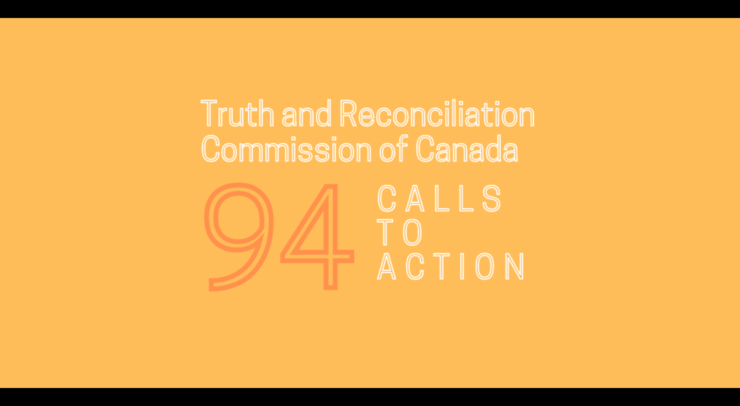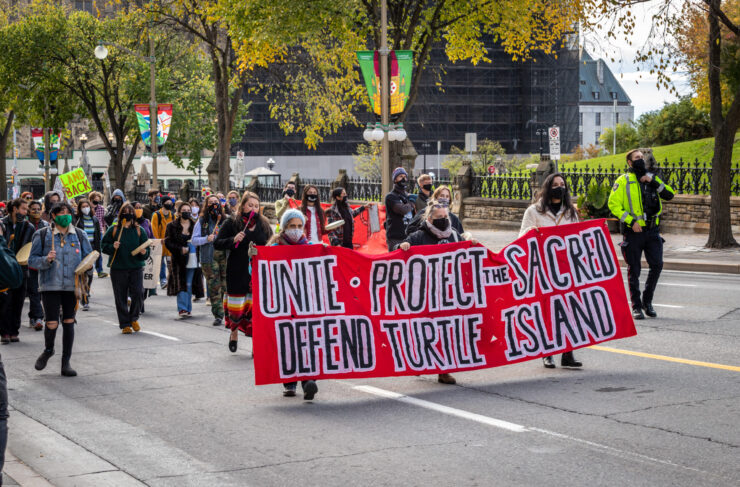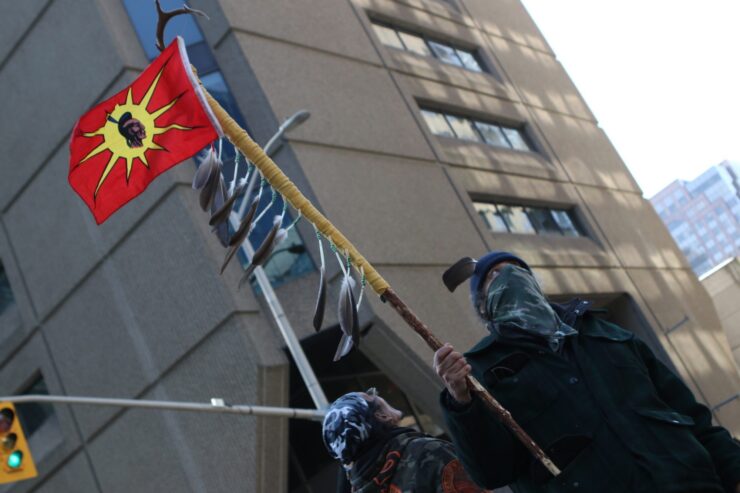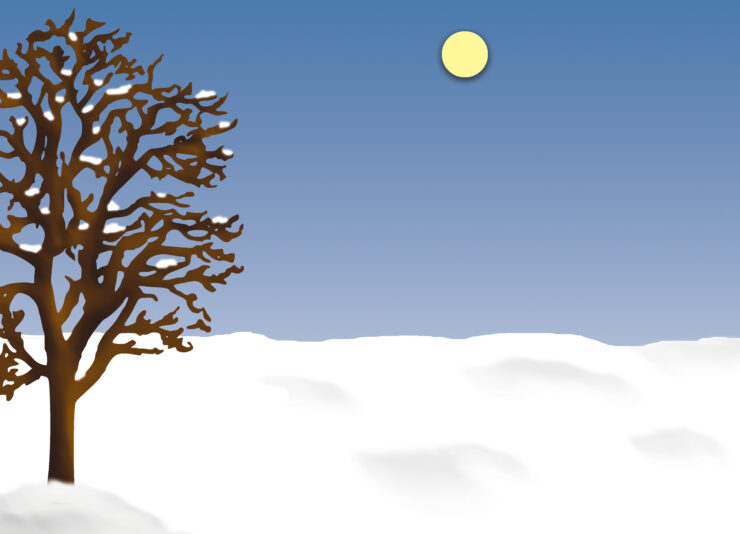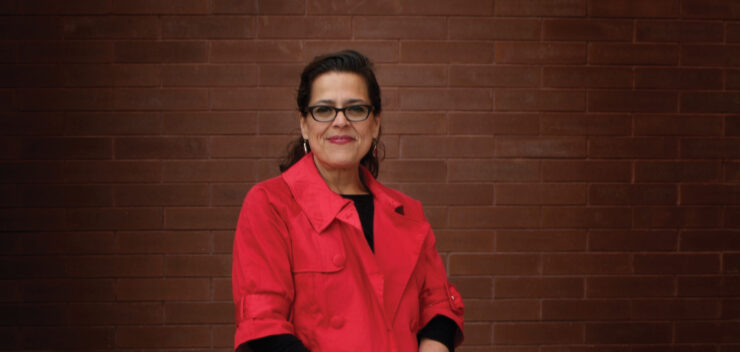The Assembly of First Nations (AFN) rated the government as having made “significant progress” on these Sports and Reconciliation recommendations.
Truth and Reconciliation Commission of Canada
“At times it’s overwhelming, but if it were not for my parents, my grandparents, their grandparents what they endured it wouldn’t be possible for me to be here,” said U of O alumni and Canada’s only Indigenous forensic pathologist Dr. Kona Williams.
“It was very emotional for me as I had never before heard so much appreciation for non-Indigenous presence,” said Polish retiree Feliks Welfeld.
One of the most recognizable acts of activism observed by non-Indigenous Canadians all over the country today is land acknowledgments. But while they are a way to reflect on Canada’s colonialist past and history of broken treaties, they fail to address its colonialist present and our collective lack of action when it comes to indigenous issues.
The poem “I’ll (Not) Be Home For Christmas” is a direct juxtaposition of Indigenous and settler children’s lives.
Lindberg’s novel centers around Bernice Meetoos, a young Cree woman from Northern Alberta, who leaves her community and travels to British Columbia on a physical, and internal, journey. Although the book is fictional and not based off of Lindberg, who is an As’in’i’wa’chi Ni’yaw Nation Rocky Mountain Cree woman herself hailing from the Kelly Lake Cree Nation community in Alberta, she says that she has drawn from her life for inspiration for it.

